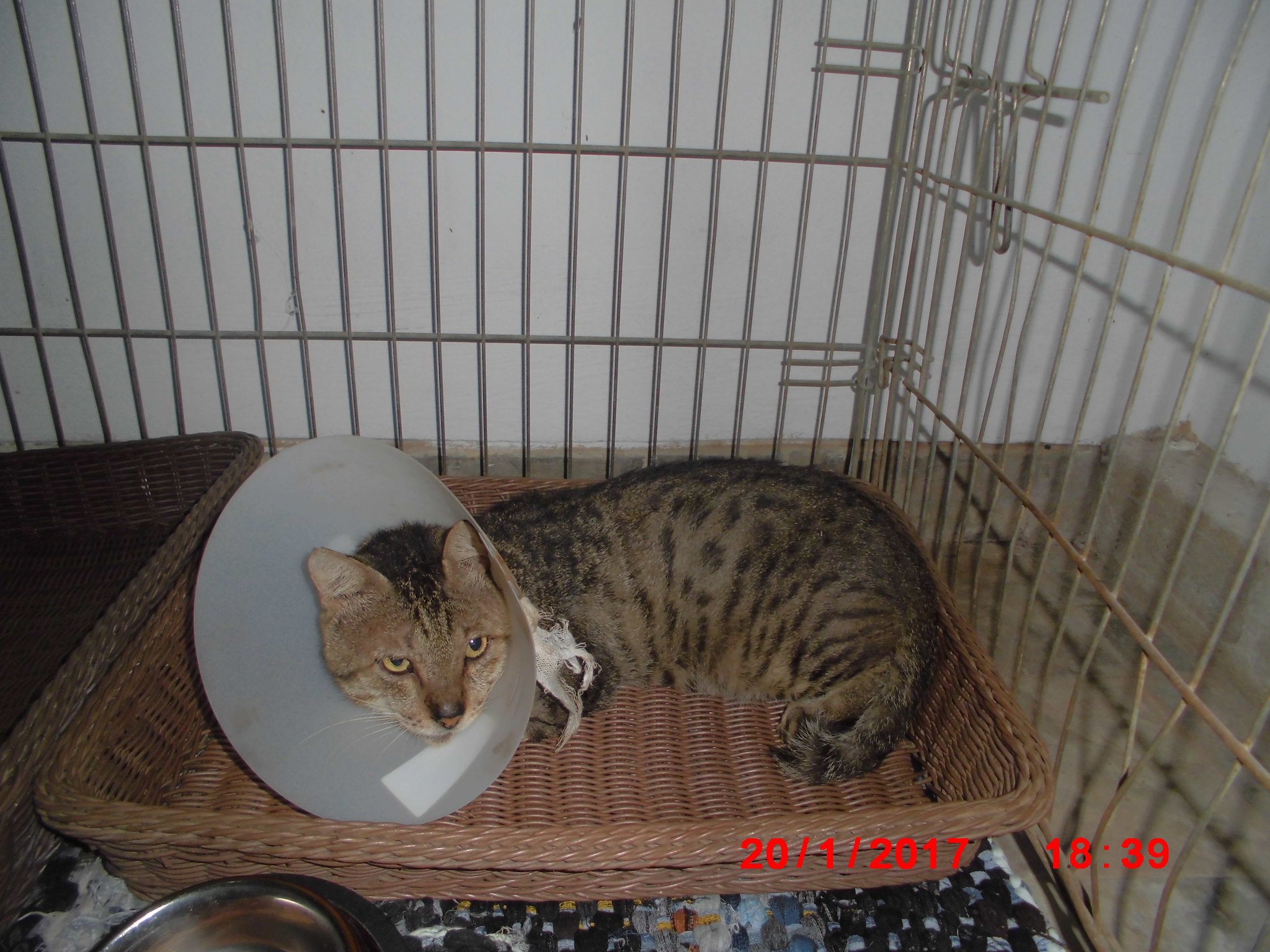Common Health Conditions of Cats,
and what to do!

Asthma
According to the Cornell Feline Health Center, 1 to 5% of cats suffer from Asthma, which is a disease where cats have allegric reactions to inhaled allergens, which leads to a tightening of airways which causes coughing and wheezing. The severity of the illness varies, but most often cats suffer from sproadic “Asthma attacks” which can be caused by allergens or compression of a cats chest. Symptoms can sometimes be confused with the more common hairballs, but a veterinarian can perform a chest X-ray of a cat to confirm any suspicion. Treatments for cat asthma include removing allergens (such as with an air purifier), steroid inhalers or other anti-inflammatory medicines.
Vomiting
Cats are well known to vomit. The most common reasons are hairballs, eating too fast, or eating something inedible. It is not often a major concern if your cat is vomiting, but if a cat continues to vomit several times a day, or at least once for several days in a row, then it may be an indicator of a more serious health condition, such as liver disease, kidney disease or cancer. If your cat is vomitting frequently or there is blood in the vomit, please take your cat to a veterinarian.
Urinary Track Infections
Cats can suffer from Urinary Tract Infections (UTIs) which cause pain while urinating. In extreme cases, cats with UTIs can become unable to urinate, which is a health emergency. Any cat can develop a UTI, but obese cats, dehydrated cats or cats who eat dry food are more likely to develop UTIs. Treatment includes increasing the amount of water in the cats diet, and medicines prescribed by vetrinarians.
Obesity
According to the VCA Animal Hospital, 60% of US cats are overweight. An obese cat is defined as a cat who weighs 20%+ more then a normal healthy weight. Obsesity is caused by overfeeding and can lead to extreme health conditions such as diabetes, cancer and heart disease. A cat being obese significantly decreases its life expecetancy. If you believe your cat may be overweight, speak to your veterinarian about a feeding plan to get your cat to a healthy weight.
Feline Leukimia Virus
Feline Leukimia Virus (FELV) is a retro virus which causes cancer. The virus can be spread through bodily fluids, and is most often spread from mother cat to child, or in fights where an infected cat bites or scratches a healthy cat. Infected cats become very weak and can experience various symptoms including diarrhea, fever, weight loss and behavioral changes. While there is no cure, with a proper treatment plan infected cats can still live long lives. It is imperative that the disease is caught early as possible, so checking in with your veterinarian at least twice a year would be beneficial for the health of your cat.
Dental Issues
According to the Cornell Feline Health Center, up to 90% of cats over the age of 4 suffer from some type of dental disease. The most common dental issues are gingivtis, periodontitis and tooth damage. The issues are caused by a build-up of tar and/or plaque which leads to inflammation and decay. If dental issues become severe, cats can become unable to eat or severely decrease the quality of their lives due to constant pain. To solve dental issues, owners can brush their cats teeth or give them dental treats. A veterinarian can detail exactly what needs to be done for a cat with dental issues.


